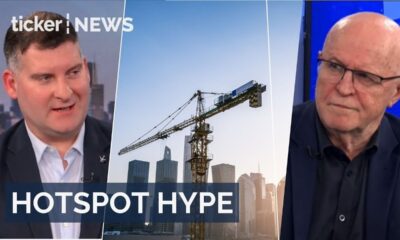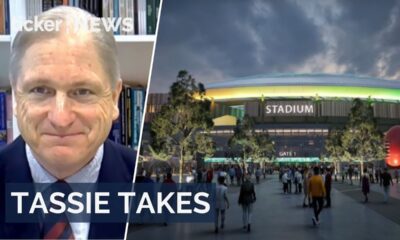Australians emphasise living standards, long-term well-being, and direct government services.
The Centre for Policy Development has unveiled its highly-anticipated multi-year survey, the “Purpose of Government Pulse,” offering fresh insights into the Australian public’s perspectives on government objectives, priorities, and performance.
The survey, spanning the years 2015 to 2023, has been publicly released for the first time, revealing intriguing trends in Australian attitudes toward governance, with new data from December 2023.
Notable shift
The findings of the report suggest a notable shift in Australians’ expectations from their government.
The majority now prioritise a government that ensures a decent standard of living and makes decisions centered on the long-term wellbeing of the population.
33% of respondents now view the government’s primary role as guaranteeing a decent standard of living, a sharp rise from the previous 17%.
This shift reflects the growing demand for government intervention to address issues affecting the wellbeing of citizens, such as cost of living pressures and soaring interest rates.
Effective government
As economic challenges continue to impact families and communities, the report indicates that Australians increasingly seek proactive and effective government involvement in resolving these challenges.
The emphasis on wellbeing is further highlighted by the fact that 80% of Australians surveyed believe that the government should prioritise the wellbeing of the population above other considerations in decision-making, marking a 10-percentage-point increase since October 2021.
With healthcare, education, and employment services at the forefront of public concern, Australians also express a preference for the government to take a more active role in delivering these essential services, rather than outsourcing them to the private sector.
When asked about the importance of the government maintaining the capability to directly deliver public services, instead of relying on outsourcing, a resounding 87% of Australians stated that it was either somewhat or very important.
This trend aligns with previous survey results and highlights a sustained shift in public sentiment, which has become more pronounced since the onset of the COVID-19 pandemic.
Active role
CEO of the Centre for Policy Development, Andrew Hudson, commented on the findings, stating that they reflect a growing sentiment among Australians for the government to play a more active role in addressing their needs.
“Australians want their government to be involved in ensuring they are afforded a reasonable standard of living – that they have a job, can afford a home, can support a family. CPD’s survey reveals Australians are not content with government being a hands-off supervisor or regulator,” Hudson remarked.
Hudson further emphasized the shift towards prioritizing long-term wellbeing and environmental considerations over solely focusing on GDP growth.
“We have seen public capability decline over decades, with service delivery being increasingly outsourced. This has created a hands-off, market-driven system in critical service areas, particularly social security, welfare, employment, and migration services,” Hudson noted.
“Recent inquiries into employment services, robodebt, and our migration system have revealed the shocking shortcomings of this hands-off approach,” he added.




 News4 days ago
News4 days ago


 Ticker Views4 days ago
Ticker Views4 days ago


 News3 days ago
News3 days ago


 News3 days ago
News3 days ago


 News5 days ago
News5 days ago


 Shows3 days ago
Shows3 days ago


 News5 days ago
News5 days ago


 Leaders3 days ago
Leaders3 days ago







